The 5 pillars of the Islamic faith are acts that most Muslims follow to show obedience to Allah and to grow spiritually. These practices keep their faith strong and their actions good. They are Shahada, Salah, Zakat, Sawm, and Hajj.
Shahada is declaring faith. Salah means prayer. Zakat is about giving to the poor. Sawm is fasting during Ramadan. Hajj is the pilgrimage to Mecca. Together, these pillars shape a Muslim’s life.
Know what pillars of Islam mean and their importance.
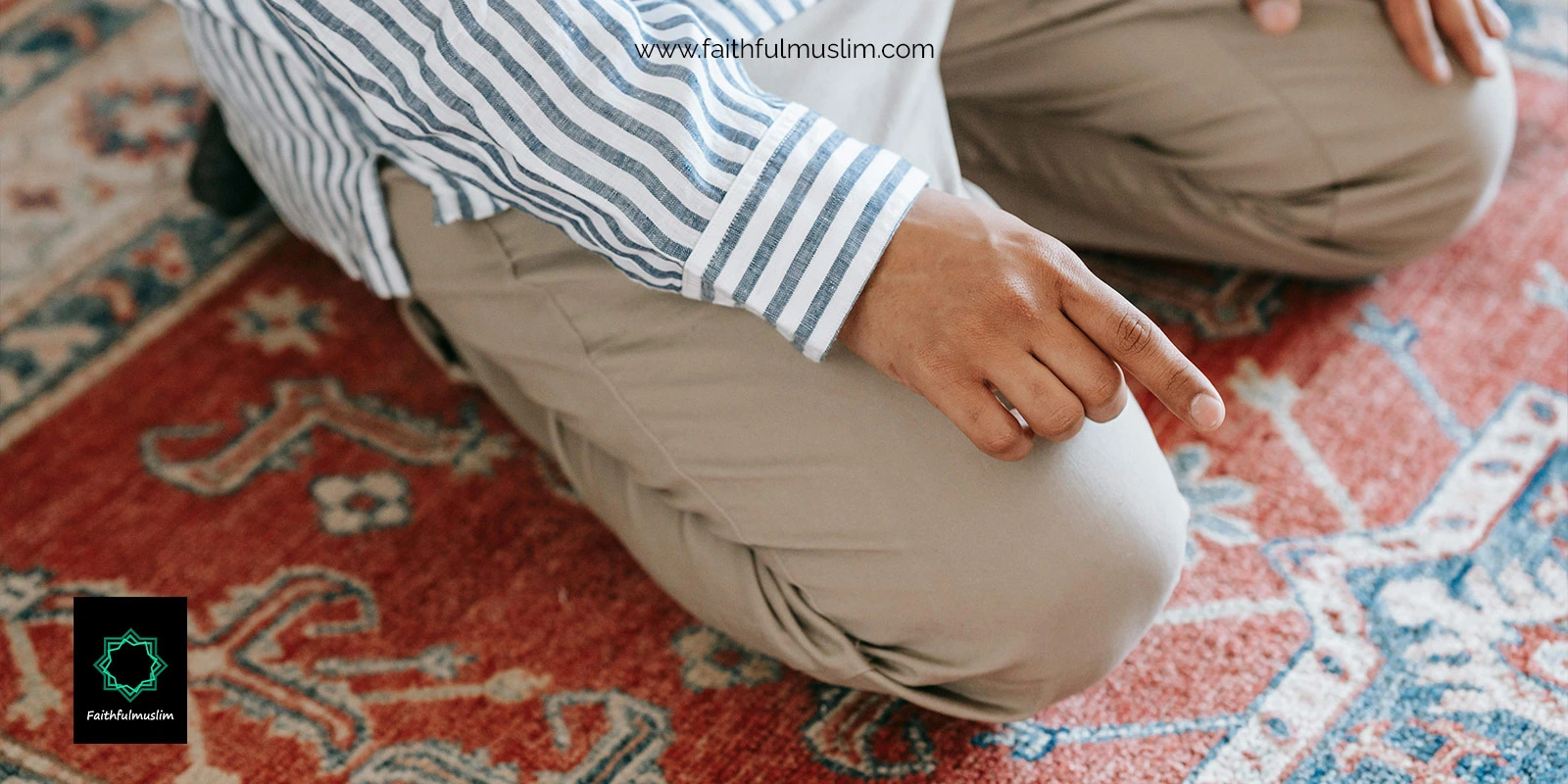
Shahada is the first and most important pillar. It means declaring, “There is no God but Allah, and Muhammad is His messenger.” Saying this shows belief in one true God. It also confirms that Muhammad (PBUH) is the final prophet.
Learn more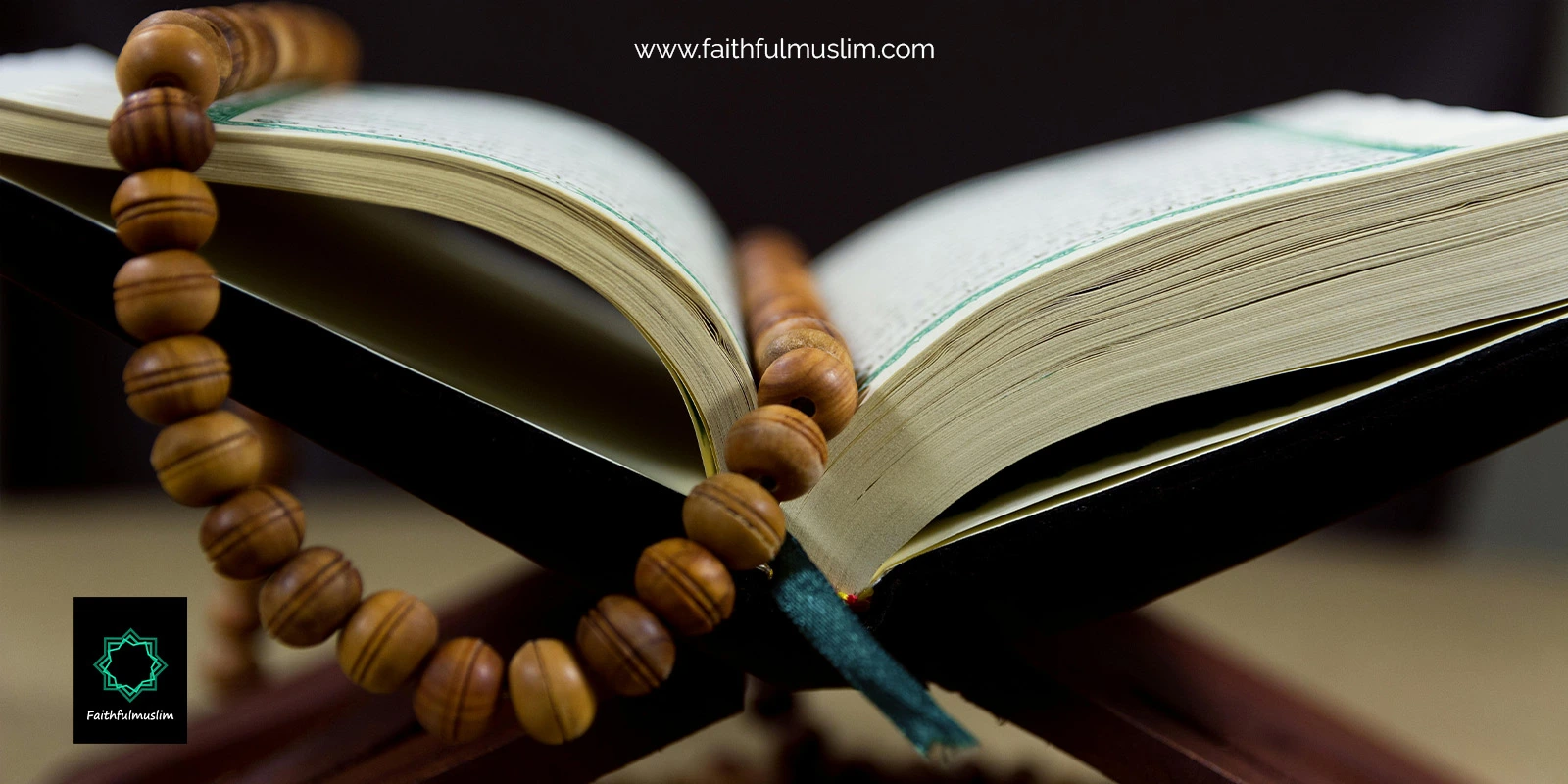
Salah means prayer. It is the second pillar. Salah is a form of worshipping Allah following set ritualistic practices.
Learn more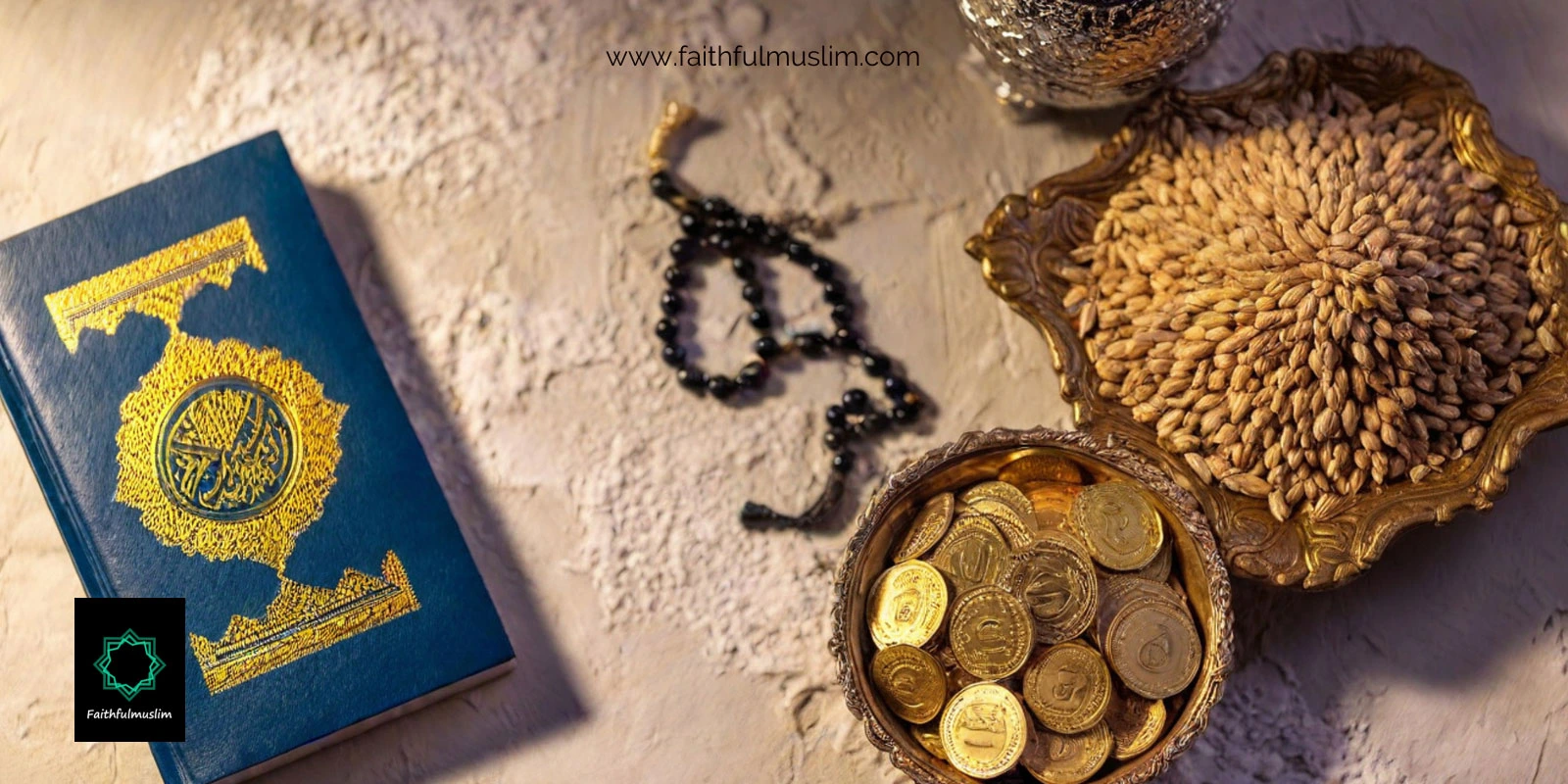
Zakat is the obligation of donating a portion of a Muslim’s wealth to the less fortunate ones. It is usually 2.5% of their wealth each year. This helps poor people and supports community welfare.
Learn more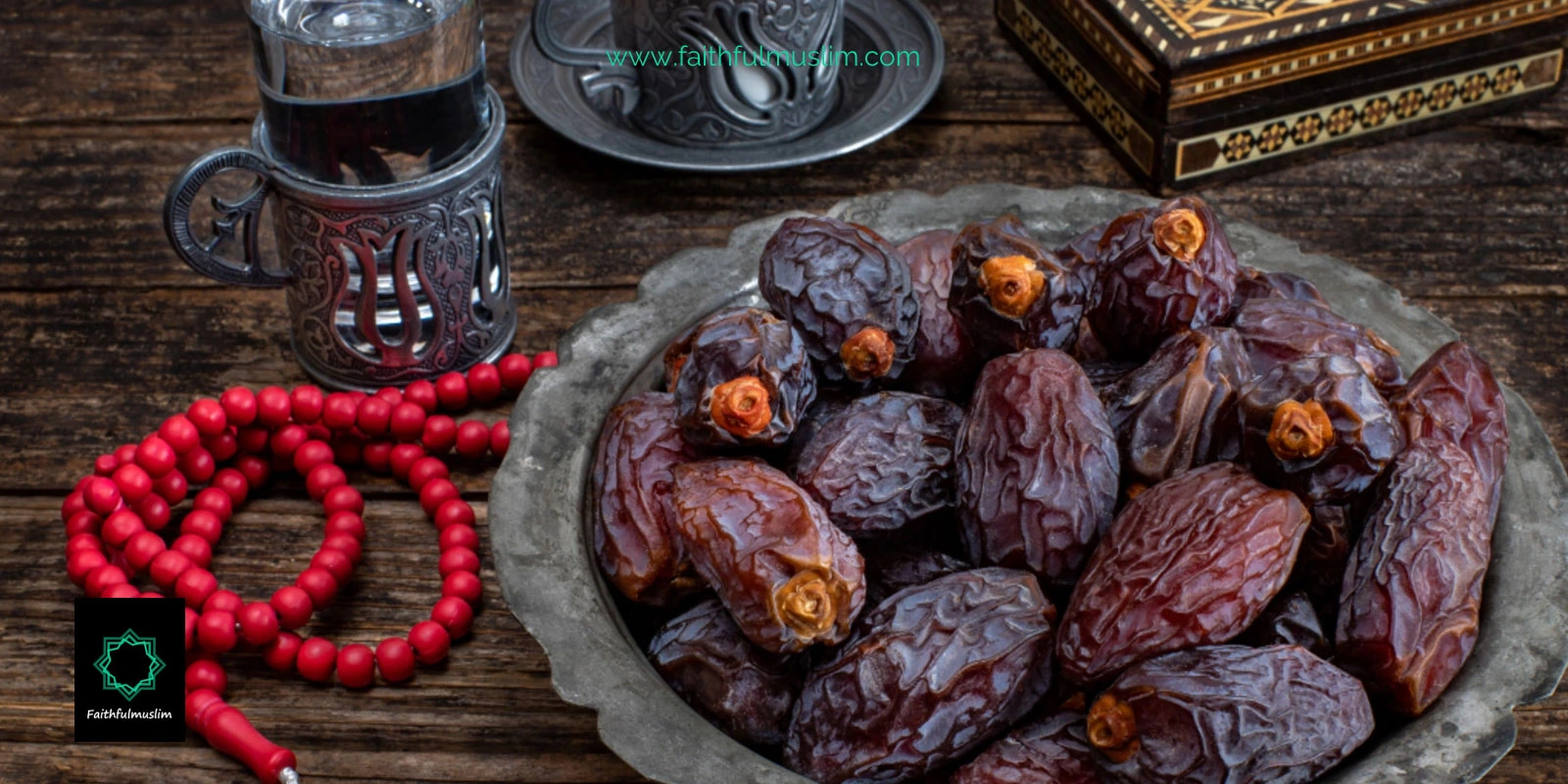
Sawm refers to fasting during Ramadan, the ninth month of the Islamic calendar. Muslims fast from dawn to sunset. They avoid food, drink, and bad habits. Fasting teaches self-control and compassion for the hungry.
Learn more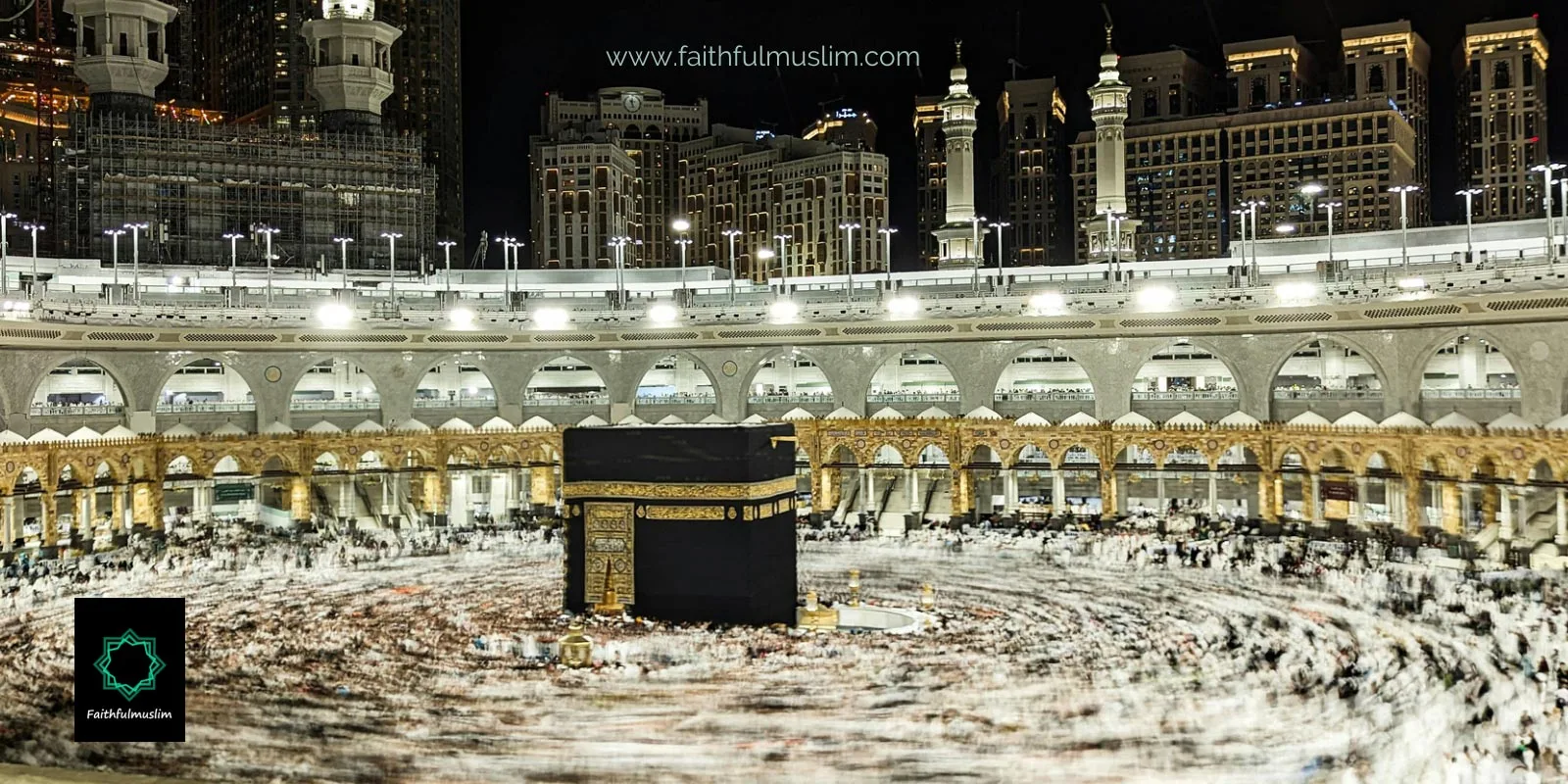
Hajj is an important pilgrimage to the holy city of Mecca in Saudi Arabia. It's the last pillar of the Islamic five pillars. Muslims from different countries gather as equals. It shows that worldly differences do not matter in the eyes of Allah.
Learn more